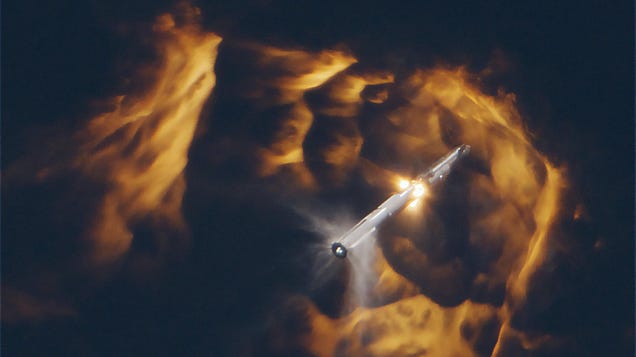
Starship pierced through clear south Texas skies on Saturday morning, for what turned out to be an eight-minute-long mission. The megarocket failed once again, but SpaceX achieved significant progress in various critical mission objectives.

Starship pierced through clear south Texas skies on Saturday morning, for what turned out to be an eight-minute-long mission. The megarocket failed once again, but SpaceX achieved significant progress in various critical mission objectives.
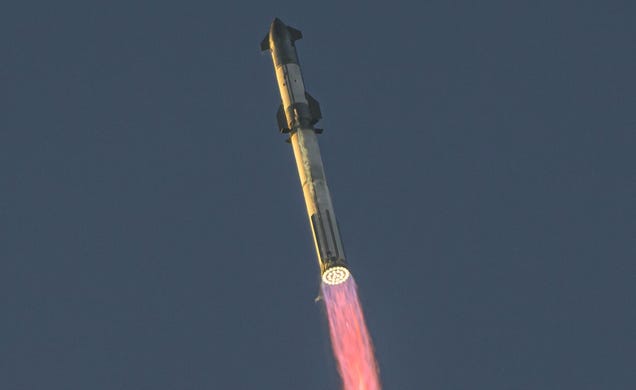
SpaceX’s latest test flight of the Starship rocket lasted for around eight minutes—twice the length of the previous test. Both the booster and the Starship upper stage were lost, but SpaceX achieved many key milestones during the flight test.
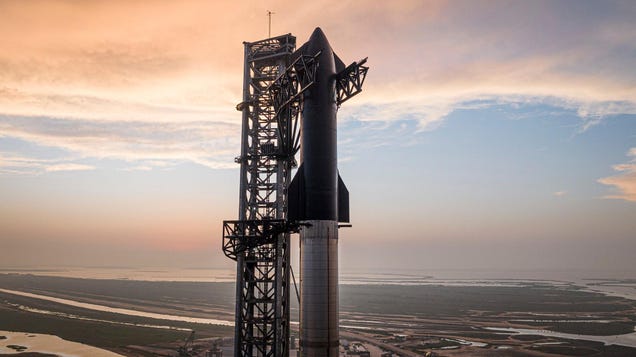
This article has been updated to reflect the new Saturday launch date. Ground teams need the extra time to replace a grid fin actuator on the booster.
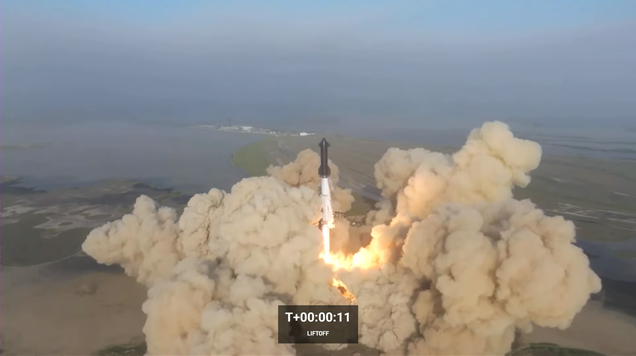
It finally happened—and it was as spectacular as we hoped. SpaceX’s Starship megarocket blasted off from the Boca Chica, Texas, launch pad just after 9:30 a.m. ET this morning, lifted upwards by a record-breaking amount of thrust.
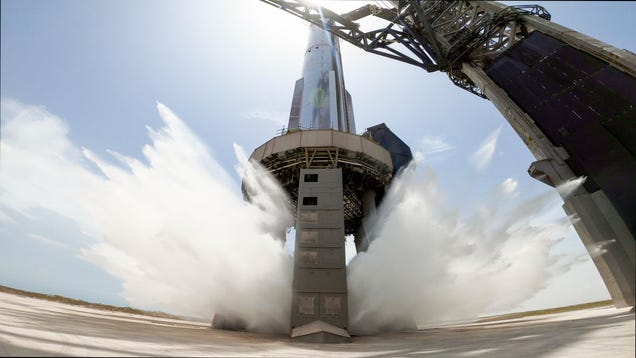
The U.S. Fish and Wildlife Service has finalized its environmental assessment of SpaceX’s new water deluge system, concluding that it’s no more dangerous than a seasonal rain shower. With that assessment out of the way, and with the Federal Aviation Administration (FAA) also satisfied with its own evaluation, the…
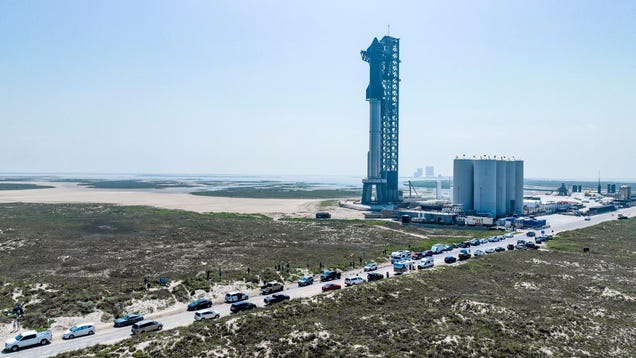
SpaceX has undoubtedly cemented its position as a leader in the emerging space industry, but that may have come at a painful price.
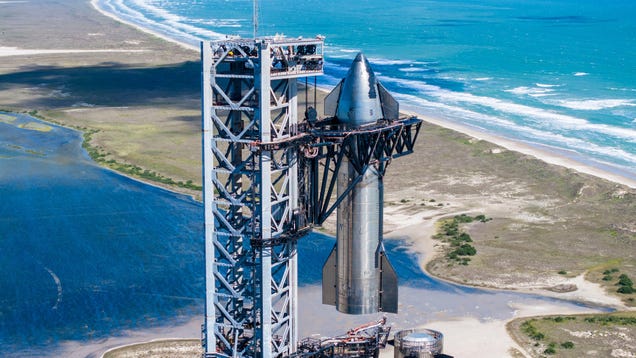
SpaceX is preparing to launch its Starship rocket for the second time, aiming for mid-November for another flight test of its launch vehicle after the first one didn’t go so well.
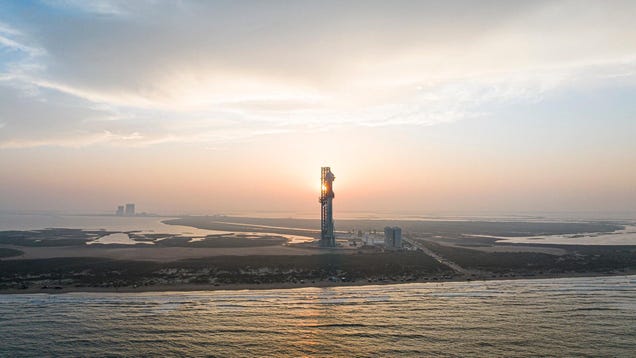
The Federal Aviation Administration has completed the safety review of SpaceX’s Starship, moving the company one step closer to its second test flight, pending an environmental review by the U.S. Fish and Wildlife Service. The explosive inaugural launch of Starship turned into a safety and environmental fiasco—a…
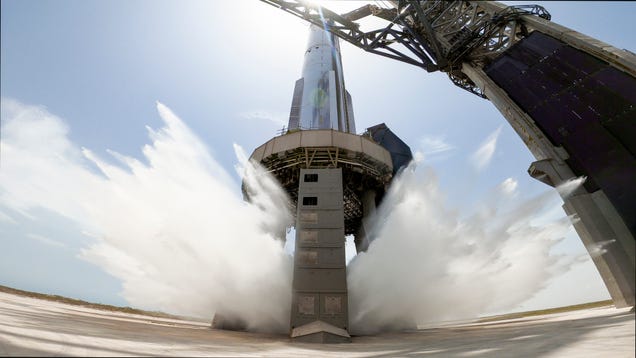
In the wake of an explosive debut in April, the U.S. Fish and Wildlife Service is conducting a review of SpaceX’s Starship launch system upgrades, focusing primarily on the new water deluge system and its potential environmental impacts at the south Texas launch site.
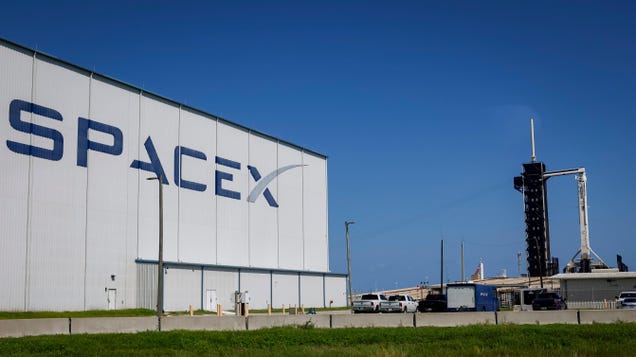
SpaceX has reached a deal to launch four Galileo satellites next year in coordination with the European Space Agency, according to a Wall Street Journal report.